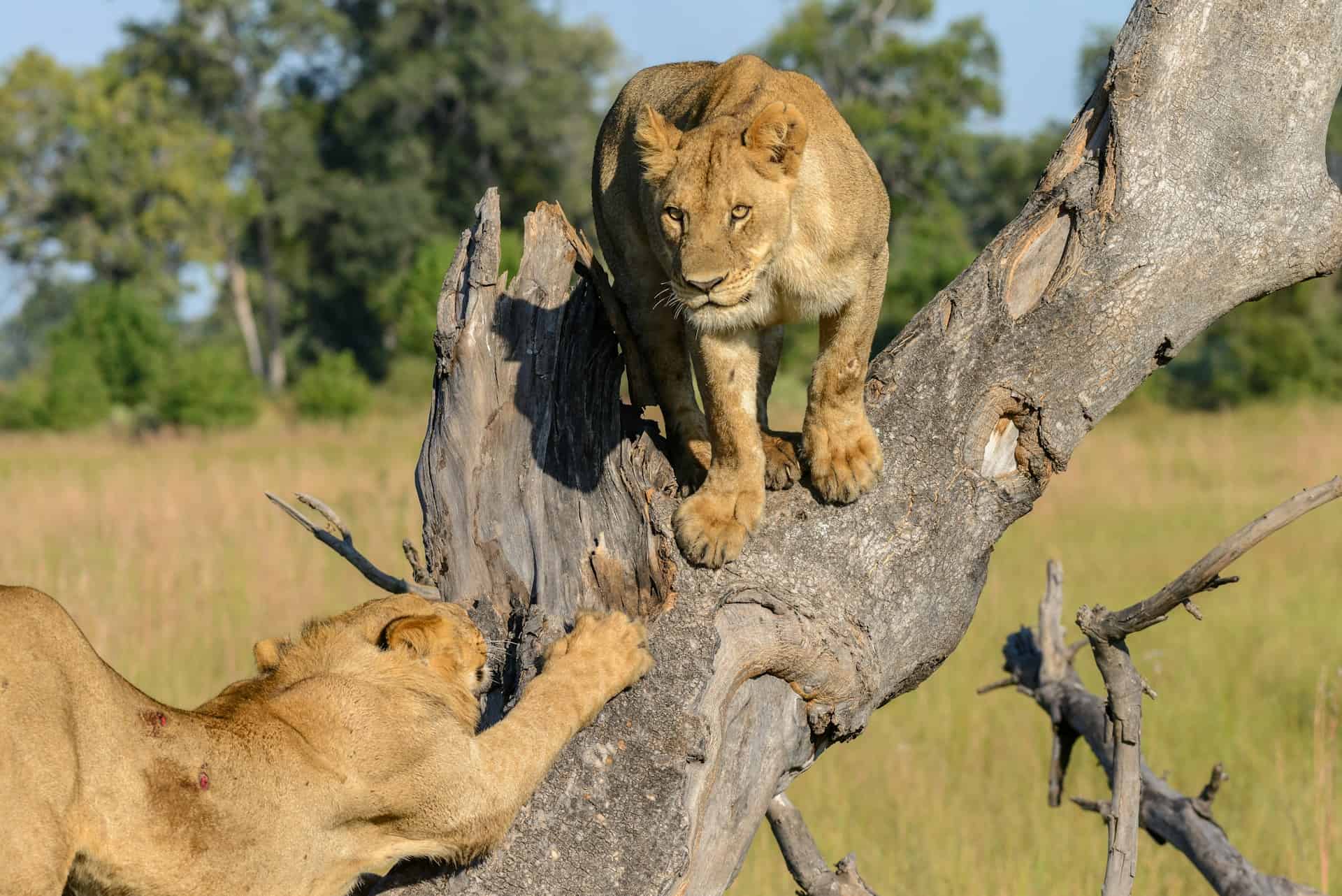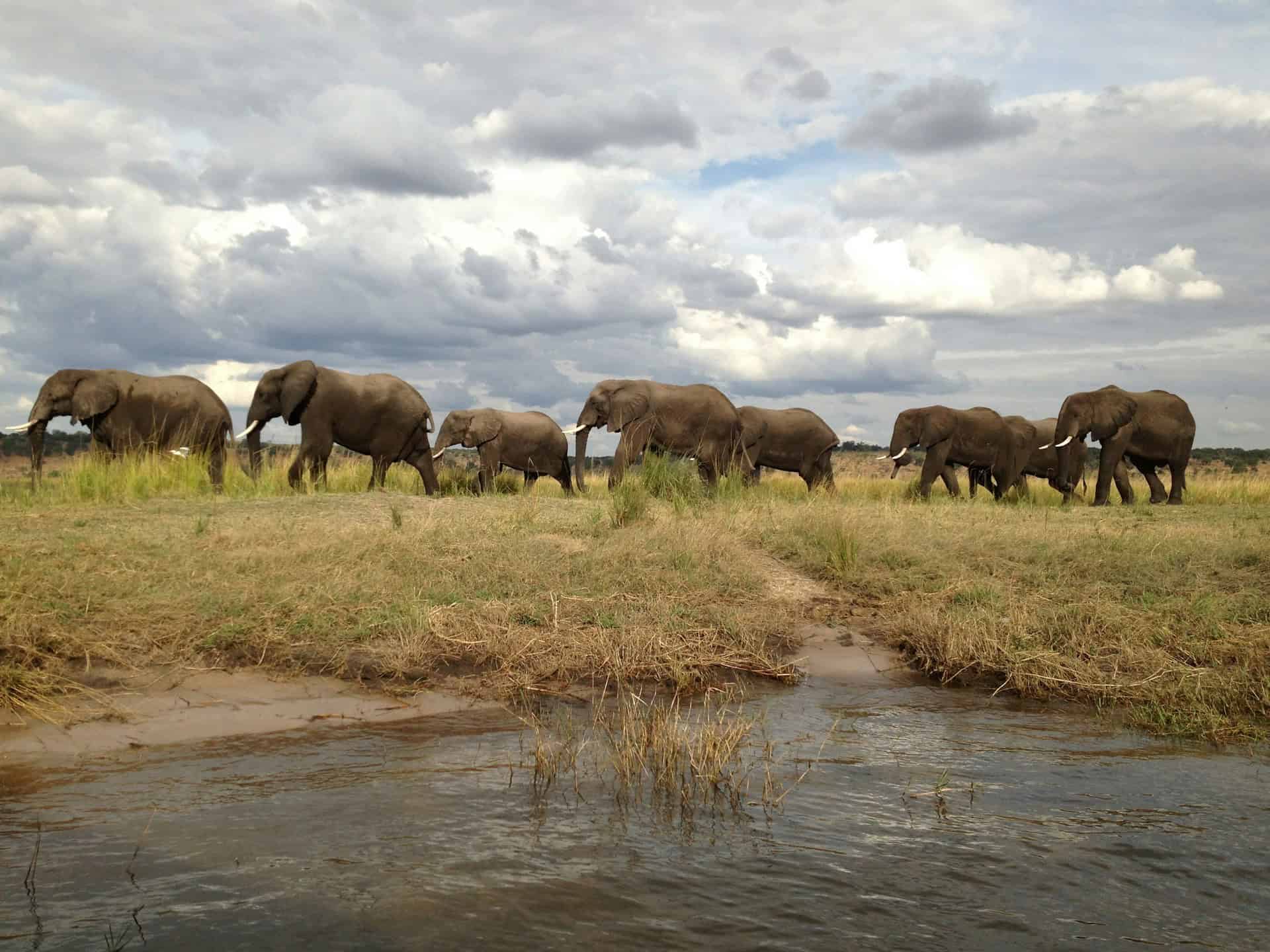Botswana, a landlocked country in Southern Africa, has become synonymous with luxury and responsible tourism, particularly safaris. Botswana is famous for its expansive wilderness and unspoiled landscapes. It offers a unique travel experience that attracts adventurers and nature enthusiasts from around the globe. Travelers who book a safari in Botswana are actively supporting the country’s commitment to wildlife conservation and sustainable tourism.
Unlike many other regions, Botswana has adopted a high-value, low-impact tourism model. This approach limits the number of visitors, ensuring that the natural environment remains pristine and that wildlife can thrive without human interference. The result is a safari experience that feels exclusive and intimate, allowing visitors to connect deeply with nature. But what truly stands out is Botswana’s dedication to conservation.
Botswana’s efforts to protect its natural heritage are noteworthy in a world where wildlife habitats are rapidly shrinking. The country is home to some of Africa’s most iconic wildlife species, including elephants, lions, and rhinos, and it has implemented stringent measures to safeguard these animals.
As travelers seek more meaningful and responsible ways to explore the world, Botswana’s safari offerings present an opportunity to experience the majesty of nature while contributing to its preservation. So, what is it about Botswana’s wilderness that captivates the soul?
The Allure of Botswana’s Wilderness


Botswana’s wilderness boasts diverse ecosystems, offering different glimpses into the natural world. The most significant is the Okavango Delta, a UNESCO World Heritage site. It covers an area of 5,800 square miles and is one of the world’s largest inland deltas.
This sprawling wetland is a wildlife sanctuary, supporting diverse species. During the annual flood, the delta becomes a maze of lagoons, channels, and islands, creating a dynamic habitat where elephants, hippos, and crocodiles thrive.
Beyond the delta, Botswana boasts other protected areas like the Chobe National Park, renowned for its large elephant population, and the Kalahari Desert, where the elusive black-maned Kalahari lion roams. The Makgadikgadi Pans, one of the most extensive salt flats in the world, offers a stark contrast to the lush delta. Yet, they, too, are teeming with life,…
Click Here to Read the Full Original Article at GoBackpacking…
